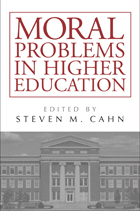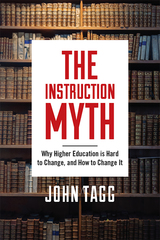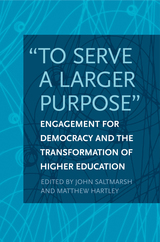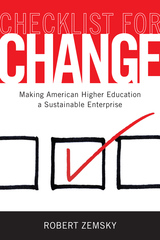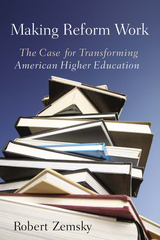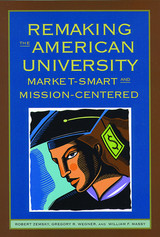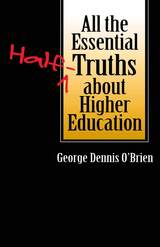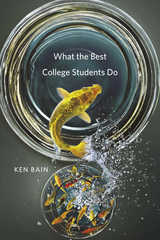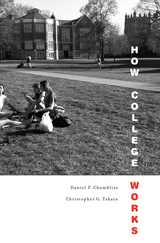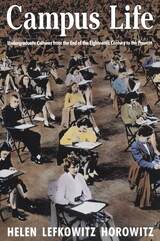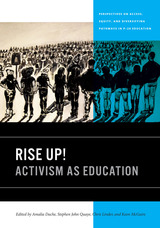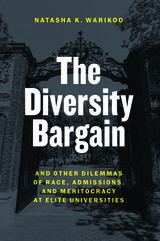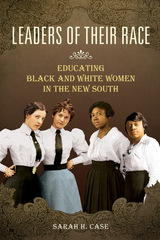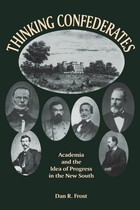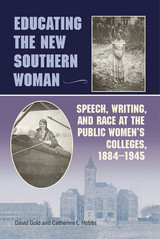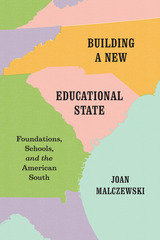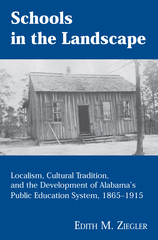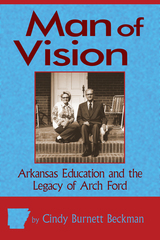Cloth: 978-0-674-04902-4 | Paper: 978-0-674-97980-2 | eISBN: 978-0-674-72609-3
Library of Congress Classification LA229.C43 2013
Dewey Decimal Classification 378
A Chronicle of Higher Education “Top 10 Books on Teaching” Selection
Winner of the Virginia and Warren Stone Prize
Constrained by shrinking budgets, can colleges do more to improve the quality of education? And can students get more out of college without paying higher tuition? Daniel Chambliss and Christopher Takacs conclude that the limited resources of colleges and students need not diminish the undergraduate experience. How College Works reveals the surprisingly decisive role that personal relationships play in determining a student's collegiate success, and puts forward a set of small, inexpensive interventions that yield substantial improvements in educational outcomes.
“The book shares the narrative of the student experience, what happens to students as they move through their educations, all the way from arrival to graduation. This is an important distinction. [Chambliss and Takacs] do not try to measure what students have learned, but what it is like to live through college, and what those experiences mean both during the time at school, as well as going forward.”
—John Warner, Inside Higher Ed
See other books on: Administration | Aims & Objectives | Chambliss, Daniel F. | College students | Student Life & Student Affairs
See other titles from Harvard University Press



